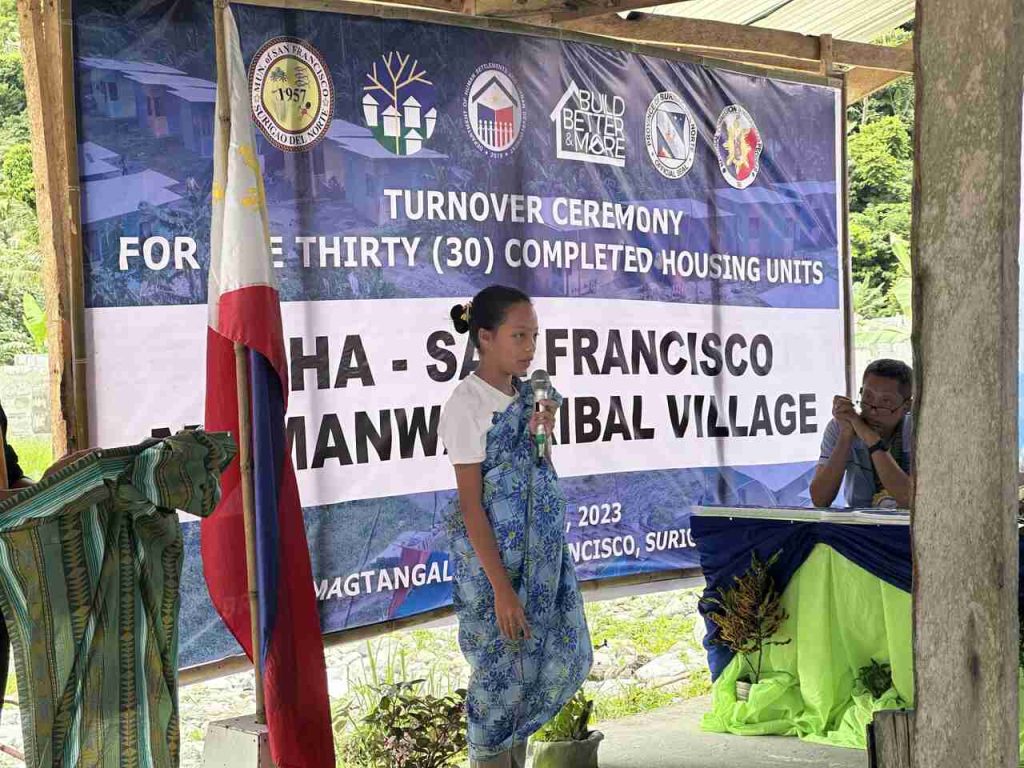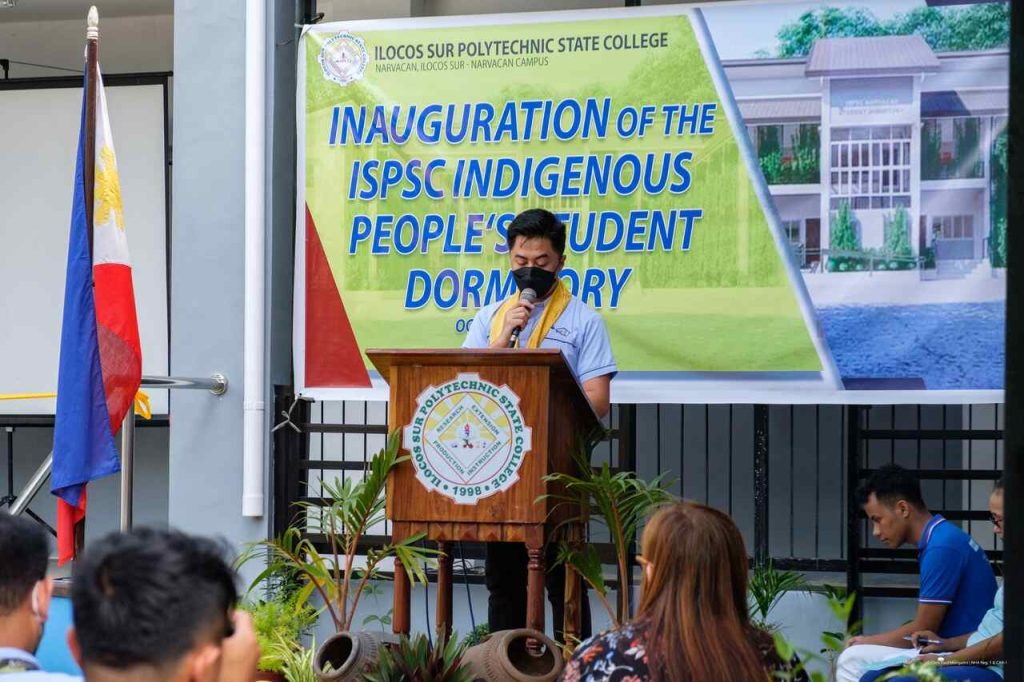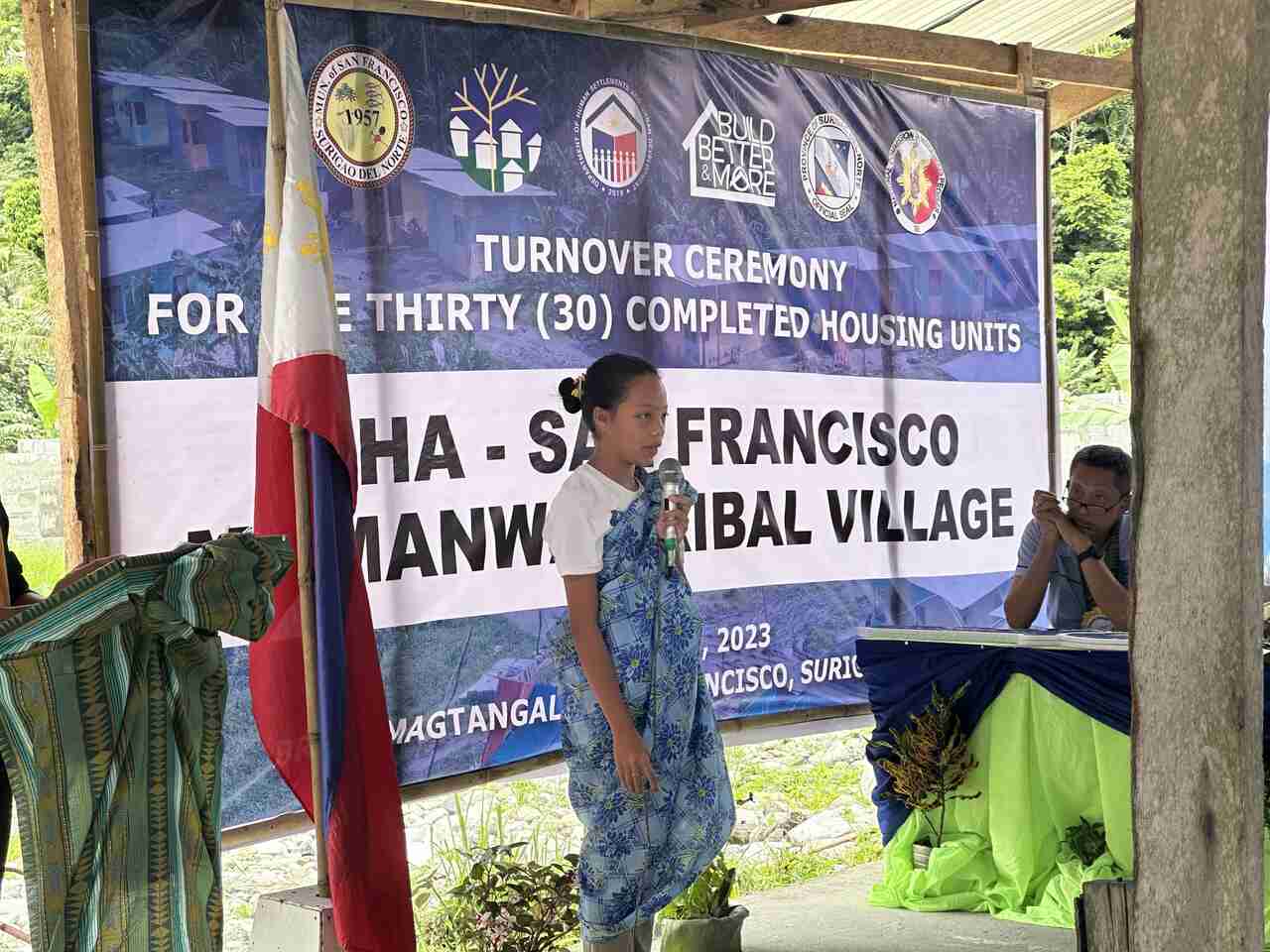The Philippine government offers various financial assistance programs aimed at improving the lives of Indigenous Peoples (IPs) and Indigenous Cultural Communities (ICCs). These programs focus on poverty alleviation, education, healthcare, housing, and livelihood support. They ensure that IPs receive culturally sensitive assistance that respects their heritage while addressing their specific needs. Each initiative contributes to the holistic development of IPs by providing essential services and opportunities for growth.
From conditional cash transfers under the Pantawid Pamilyang Pilipino Program to educational scholarships like the Merit-Based Scholarship Program (NCIP-MBS), these programs support IPs in different areas of life. Additional initiatives include the National Health Insurance Coverage, the Indigenous Peoples Education Program, and livelihood assistance through the Kabuhayan at Kaunlaran ng Kababayang Katutubo (4Ks). Through these programs, IP communities can access resources that promote sustainable living and cultural preservation.
Types of Assistance Programs for IPs/ICCs
IPs and ICCs in the Philippines benefit from various government assistance programs aimed at improving their quality of life. These programs cover essential areas such as education, healthcare, housing, livelihood, social protection, and cultural preservation, ensuring holistic support for their communities.
- Education and Scholarship Programs: These programs are designed to improve access to education for IPs by providing scholarships, financial support, and educational resources. They focus on promoting culturally appropriate education while empowering IP students to pursue higher learning and vocational skills. The goal is to bridge gaps in educational opportunities and support the academic growth of IP communities.
- Health and Insurance Programs: Health and insurance programs aim to provide IPs with access to essential medical services and health insurance coverage. These initiatives focus on improving the overall well-being of IPs by ensuring they receive proper health care, including check-ups, medical treatments, and preventive care. The programs often cover insurance premiums, making healthcare accessible to marginalized communities.
- Housing and Infrastructure Programs: Housing and infrastructure programs focus on providing safe, culturally sensitive housing solutions for Indigenous Peoples. These initiatives work to develop appropriate living spaces within ancestral domains or community-owned lands, while respecting IP traditions. The goal is to improve living conditions and ensure access to basic infrastructure while preserving the cultural identity of the communities.
- Livelihood and Economic Assistance Programs: These programs aim to enhance the economic standing of Indigenous Peoples by providing livelihood support, agricultural tools, and resources for income-generating activities. The focus is on promoting sustainable economic development within IP communities through skills training, market development, and access to modern agricultural techniques. The programs help IPs gain economic independence while preserving their cultural heritage.
- Social Protection and Welfare Programs: Social protection and welfare programs are designed to assist IPs and other vulnerable groups by addressing their basic needs such as food, health, education, and shelter. These programs, often in the form of conditional cash transfers or financial aid, provide support to low-income families, particularly in improving child health, nutrition, and education. They are essential in reducing poverty and promoting social inclusion.
- Cultural and Tourism Programs: Cultural and tourism programs promote the cultural heritage of Indigenous Peoples while supporting their involvement in tourism development. These initiatives help IP communities participate in tourism-related activities, such as cultural showcases or eco-tourism projects. The programs are intended to preserve indigenous culture, generate income, and create employment opportunities within IP communities by leveraging their unique cultural resources.
Now that we have defined the general categories of government programs for IPs/ICCs, let’s explore the specific initiatives available. Each of these programs provides targeted support to address the unique needs and challenges faced by IP communities in the Philippines.
1. Pantawid Pamilyang Pilipino Program (4Ps)–Pantawid Pamilya Indigenous Peoples Framework
Provider: Department of Social Welfare and Development (DSWD)
The Pantawid Pamilyang Pilipino Program (4Ps) is a government initiative aimed at reducing poverty through conditional cash transfers. Indigenous Peoples (IPs) are automatically included in the DSWD’s targeting system but must meet specific criteria to qualify for the grants. The program focuses on improving health, nutrition, and education, particularly for children aged 0 to 18 years in low-income households. Established in 2008, it was institutionalized by Republic Act No. 11310 in 2019, limiting participation to seven years for greater impact on human development.
Purpose: To eradicate extreme poverty by investing in the health, education, and nutrition of poor families.
Benefits:
- ₱750.00 monthly Health Grant per household
- Education Grant: ₱300.00 per child in elementary, ₱500.00 per child in junior high school, and ₱700.00 per child in senior high school (maximum of 3 children per household)
- ₱600.00 monthly Rice Subsidy for active and compliant households
2. Modified Conditional Cash Transfer (MCCT) Program
Provider: DSWD
The Modified Conditional Cash Transfer Program (MCCT) is a part of the Pantawid Pamilya program aimed at assisting extremely poor families. It specifically caters to indigenous peoples (IPs) and other marginalized sectors who are not covered by the regular CCT. The program encourages investments in children’s health and education to break the cycle of poverty. Through this, households are given support to meet basic needs and improve their living conditions.
Purpose: To reduce poverty and ensure the well-being of vulnerable families by promoting health, education, and social inclusion.
Benefits:
- Cash grants for health and education
- Access to social services for vulnerable families
- Livelihood assistance for long-term sustainability
- Family development sessions for empowerment and education
3. NHA Housing Assistance Program for Indigenous Peoples (HAPIP)

Provider: National Housing Authority (NHA) and National Commission on Indigenous Peoples (NCIP)
The HAPIP provides housing solutions tailored for indigenous communities in the Philippines. It ensures that the cultural practices of these communities are respected during the housing development process. The program works closely with local government units (LGUs) to create safe and culturally appropriate homes. It follows the guidelines set by Republic Act 8731, also known as the Indigenous Peoples Rights Act of 1997.
Purpose: To provide financial and technical assistance for housing development for Indigenous Peoples.
Benefits:
- Housing developed within ancestral domains or LGU-owned lands
- Coordinated with NCIP and LGUs
- Supports cultural preservation
4. Housing Assistance Program for Indigenous Peoples (HAPIP-Student Dormitories)

Provider: NHA and NCIP
This program offers dormitories to Indigenous Peoples (IP) students enrolled in State Universities and Colleges (SUCs). It aims to provide better access to educational institutions while ensuring a safe and culturally supportive living environment. The dormitories are built on ancestral domains or lands recognized by the IP communities. The initiative strengthens the connection between education and culture for IP students.
Purpose: To improve access to higher education for IP students by offering secure, culturally sensitive housing.
Benefits:
- Dormitories located within ancestral domains or LGU/SUC-owned lands
- Encourages community and academic support for IP students
- Provides culturally appropriate housing
5. Kabuhayan at Kaunlaran ng Kababayang Katutubo (4Ks)
Provider: Department of Agriculture (DA)
The 4Ks program offers livelihood assistance and other essential services to Indigenous Peoples (IPs) across the Philippines. It focuses on enhancing agricultural productivity and providing IP communities with tools and resources to improve their income. The program also includes market development initiatives to connect these communities with larger markets. Through various agricultural projects, the 4Ks aims to uplift the economic conditions of IPs while preserving their cultural heritage.
Purpose: To provide sustainable livelihood opportunities for Indigenous Peoples through agriculture and market development initiatives.
Benefits:
- Agricultural livelihood support
- Access to farming tools and resources
- Training on modern agricultural practices
- Market linkage for products
- Community development projects
6. Educational Assistance Program (EAP) under the Payapa at Masaganang Pamayanan (PAMANA) Program
Provider: DSWD-NCIP
The PAMANA program, implemented by DSWD-NCIP, aims to foster peace and development in conflict-affected areas through socio-economic initiatives. A significant portion of this program focuses on the Educational Assistance Program (EAP), designed to improve educational opportunities for indigenous communities. The EAP seeks to support students from these regions, ensuring they have access to quality education for a brighter future. Sec. Pangandaman emphasized the importance of this program in empowering indigenous peoples through education.
Purpose: To provide educational support to indigenous communities in conflict-affected regions, promoting peace and socio-economic growth.
Benefits:
- Covers 1,358 PAMANA-EAP grantees in CAR, IV-B, IX, XI, XII, and XIII regions
- Fund allocation specified in the FY 2024 General Appropriations Act
- Targeted exclusively for projects in areas identified by the Office of the Presidential Adviser on Peace Process
- Supports regional offices of NCIP in implementing the EAP
7. National Health Insurance Coverage and Medical Assistance
Provider: Department of Health (DOH) and Philippine Health Insurance Corporation (PhilHealth)
Under the Indigenous Peoples’ Rights Act (IPRA), IPs/ICCs are automatically enrolled in the National Health Insurance Program. The national government shares the responsibility of paying the insurance premiums with the employer. IPs and ICCs can also benefit from health programs provided by DOH in health centers, hospitals, and health units nationwide. These services include access to regular medical check-ups, necessary procedures, and prescription medication support.
Purpose: To ensure that IPs/ICCs have access to essential healthcare services and insurance coverage.
Benefits:
- Automatic health insurance coverage
- Government-paid insurance premiums
- Access to regular check-ups
- Coverage for medical procedures
- Assistance with prescription medication costs
8. Indigenous People’s Education (IPEd) Program
Provider: Department of Education (DepEd)
The IPEd Program is DepEd’s initiative to ensure that Indigenous Peoples (IP) have access to basic education tailored to their unique cultural context. It respects the identities of IP communities while promoting their indigenous knowledge, skills, and heritage. The program integrates culture-sensitive practices into the education system, aligning with the community’s educational and social needs. It also supports the K to 12 curriculum by making it inclusive and adaptable to local contexts.
Purpose: To provide culturally relevant and responsive education to Indigenous Peoples, respecting their identity and promoting their heritage.
Benefits:
- Inclusive and culture-sensitive education
- Adaptation of the K to 12 curriculum to local contexts
- Promotion of indigenous knowledge and skills
- Enhanced educational opportunities for Indigenous Peoples
9. Katutubo-KAPWA Project
Provider: Department of Tourism (DOT) and NCIP
The Katutubo-KAPWA project is a nationwide initiative that supports indigenous cultural communities (ICCs) and indigenous peoples (IPs) by promoting their involvement in tourism development. This collaboration covers IP communities across Luzon, Visayas, and Mindanao, aiming to enhance tourism activities in these areas. The partnership focuses on providing tourism-related skills and improving infrastructure for indigenous communities. A Technical Working Group (TWG) will oversee the project’s implementation to ensure its success.
Purpose: The project seeks to empower indigenous peoples through tourism, promote their cultural heritage, and improve their socio-economic conditions.
Benefits:
- Financial support for capacity building, infrastructure, and tourism-related activities
- Assistance in product development and promotion of ancestral domains
- Funding for enterprise, livelihood, and job creation projects
- Platforms for promoting IP products to attract tourists
- Collaboration with DOT agencies to reduce unemployment and alleviate poverty through tourism development
10. Merit-Based Scholarship Program (NCIP-MBS)
Provider: NCIP
The NCIP-MBS is a scholarship program designed to provide educational opportunities to deserving Indigenous Peoples (IP) students. It is offered under NCIP Commission En Banc Resolution No. 06-099-2014, based on the guidelines outlined in NCIP Administrative Order No. 5, series of 2012. The program includes a screening process that ensures scholarships are awarded based on merit. Qualified students receive various educational benefits.
Purpose: To provide meaningful educational support to deserving IP students through a merit-based scholarship system.
Benefits:
- Educational scholarships for qualified IP students
- Licensure Examination for Teachers (LET) and other review programs
- Bridging programs and school-community health initiatives
- Trainings and research programs for culturally appropriate IP education
Video: Emerging Indigenous middle-Class
Today, the IPs and ICCs in the Philippines are getting the government’s support. In the future, just like in Australia, it isn’t impossible for an indigenous middle class to emerge from the ones the government is supporting today. How should the government adjust then? Watch this video from abcqanda and share your thoughts.
Summary
The Philippine government ensures the well-being of the IPs/ICCs by offering a range of assistance programs designed to uplift them. These programs encompass various areas, including health, education, housing, and livelihood development, ensuring that the unique needs and cultural heritage of these communities are respected and supported. By taking advantage of these initiatives, IPs can improve their quality of life and empower their communities for a sustainable future. If you or someone you know is part of an Indigenous community, then these government programs can help you take the first step towards enhancing your well-being and opportunities!
